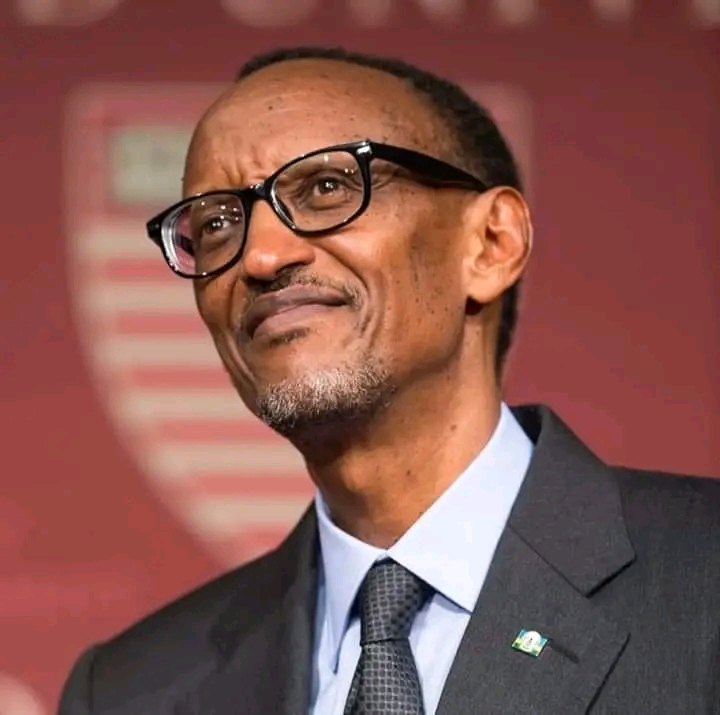By Loyce Khapa
KIGALI, September 13, 2023 – The Rwandan government has recently inked a significant agreement with a Canadian-German startup to construct an “experimental” nuclear reactor within the country’s borders.
The move has sparked a contentious debate among policymakers and environmentalists, with differing views on the potential benefits and risks associated with nuclear energy.
Rwanda’s Minister of Infrastructure, Ernest Nsabimana, expressed optimism about the project, emphasizing the potential for nuclear power to provide “a stable and reliable source of electricity.” Nsabimana’s vision for the project revolves around reducing the nation’s dependence on fossil fuels, a goal shared by many countries striving to mitigate the environmental impact of energy production.
However, not everyone in Rwanda is on board with the decision. Frank Habineza, the president of the country’s main opposition party, the Democratic Green Party of Rwanda, has voiced strong concerns about the nuclear project. Habineza labeled it a “dangerous” move and cast doubt on the safety of locating a nuclear reactor within the nation’s borders.
He stated, “There is no survey that can convince me that there is a place in this country where a nuclear reactor or a nuclear plant can be built without putting the people at risk.”
The decision to pursue nuclear energy is not one to be taken lightly.
Nuclear power has the potential to offer substantial benefits, including a consistent and clean energy source that can significantly reduce greenhouse gas emissions, but it also carries inherent risks, such as the potential for accidents and long-term nuclear waste management.
Rwanda’s government will undoubtedly face the challenge of ensuring the highest safety standards throughout the project’s lifecycle.
Additionally, transparency and accountability will be crucial to winning the trust of those who harbor reservations about the endeavor.
The agreement with the Canadian-German startup marks a pivotal moment in Rwanda’s pursuit of alternative energy sources, aligning with global efforts to combat climate change.
As the project moves forward, it will be essential for the government, opposition leaders, and environmental experts to engage in a constructive dialogue to address concerns and ensure the safety and sustainability of this experimental nuclear reactor.
In the coming years, Rwanda’s experience with nuclear energy will serve as a case study, offering valuable insights into the balance between harnessing the potential benefits of nuclear power and addressing the legitimate concerns surrounding its deployment.


